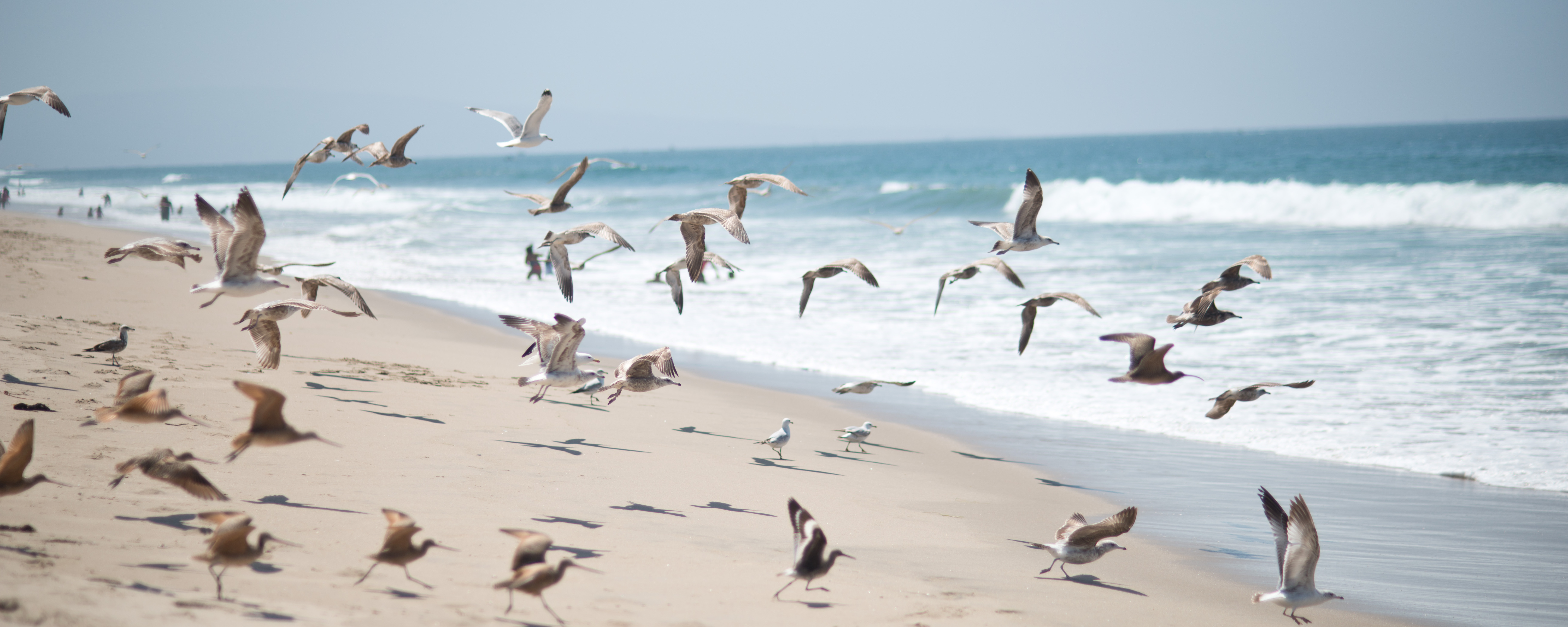
Master of Science in Environmental Science
The M.S. in Environmental Science program at LMU is a career-enhancing master's program that instructs students the most advanced, proven and sustainable approaches to protect, improve and manage environmental quality in urban and natural settings from the local to the global level. With a focus on sustainability, graduate students have the opportunity to work with organizations for localized, hands-on experience putting their classroom learning into practice.
Attend an Information Session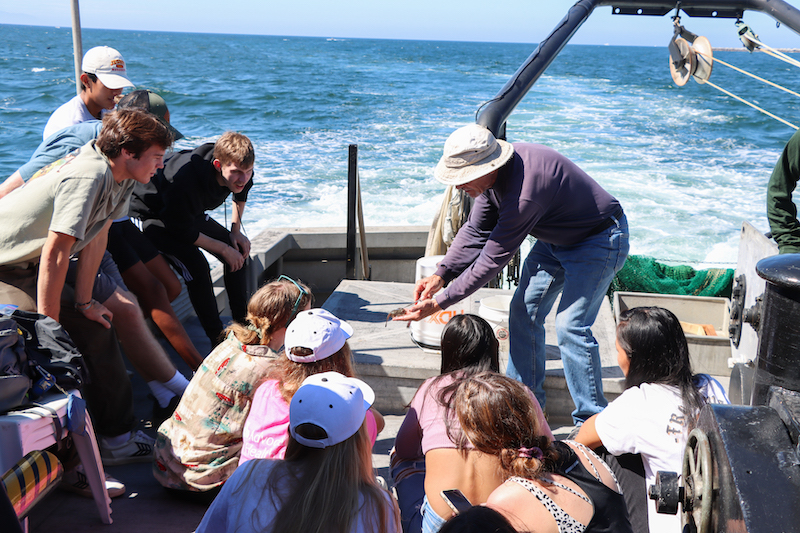
The Environmental Science M.S. program at LMU offers a flexible curriculum that allows working professionals or recent grads to tailor their experience to suit their future career plans. Our Southern California backdrop exposes students to the most advanced, current and sustainable modern solutions to environmental problems. Research in Environmental Science often involves sample collection via outdoor field-work, laboratory studies, statistical analyses or modeling. This program is for you if:
- You enjoy doing hands-on science with important environmental applications
- You want to learn more about the science behind important issues such as climate change, air and water pollution, ecology, biodiversity, and sustainability
- You are interested in a career studying, managing, or preserving Earth's resources as a scientist or in environmental policy, planning or law
Why Choose Seaver College?
.JPG)
Coastal Research
The Coastal Research Institute provides students with applied research opportunities to implement solutions to problems along the ocean’s coasts.

Experienced Instructors
Rachel Adams has been working for more than twenty years to detect, track, and clean up DDT in the ocean’s waters.
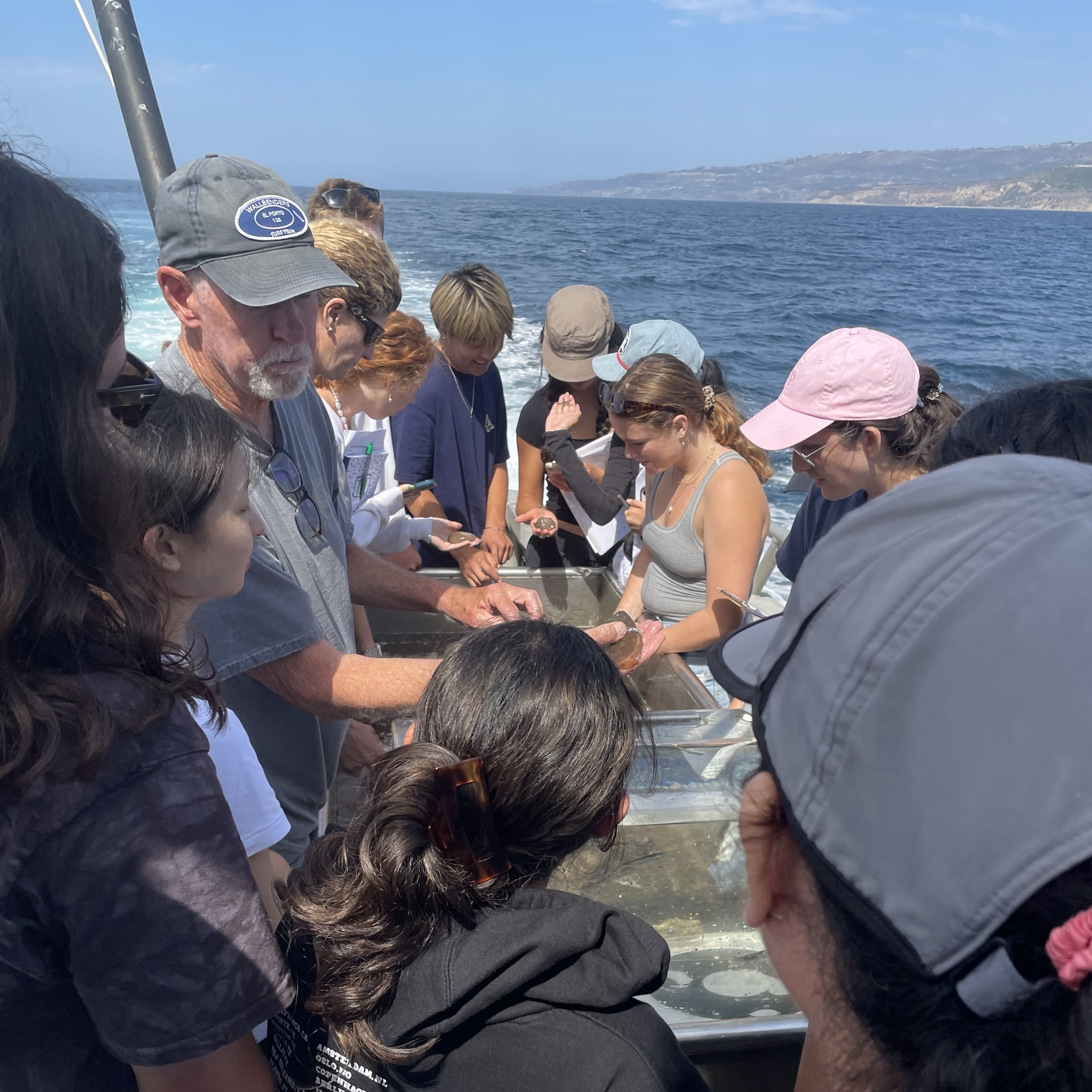
New Department
The brand-newly formed department of Environmental Science ensures more attention, more mentorship and more momentum at a crucial time for this research.
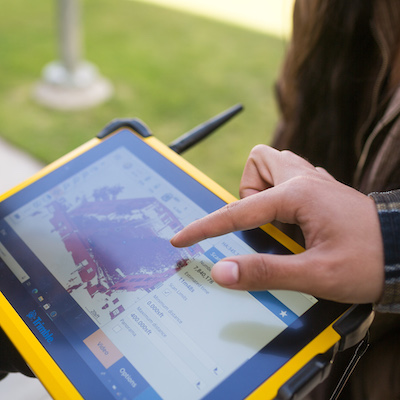
Varied Research
Our faculty is engaged in a wide range of relevant research covering pollution, sustainability, conservation and more.
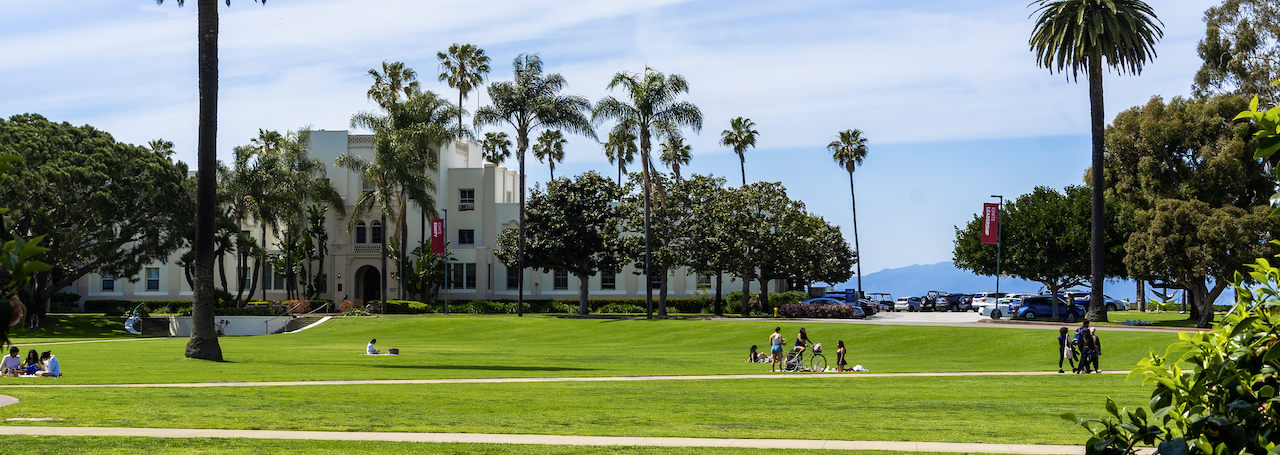
Why LMU?
- Courses taught by full-time LMU faculty or part-time faculty actively working in the industry
- Small class sizes offer valuable faculty mentorships for professional growth and career advancement
- Special-study courses tailored to student needs and interests
- Covers a broad range of areas in the field ideal for full-time students looking to advance their education and industry professionals ready to move into leadership and administration positions
- A people-first curriculum designed with the help of national experts
- Follows LMU's mission to encourage learning, educate the whole person, the service of faith and the promotion of justice
- Total students: 10,165 — Graduate students: 1,734
- Seaver College graduate students: 185
- Average Graduate Class Size: 13
- Full-time vs Part-time enrollment: 24.3% vs 75.6 %
- Male to female ratio: 60.54 % to 39.46 %
How To Apply
Admission Requirements
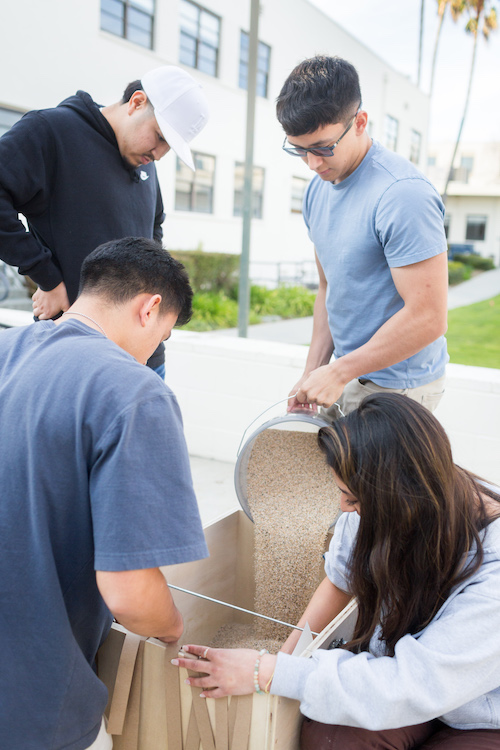
All applicants must hold a Bachelor's degree and have completed the following courses:
- At least one college-level Calculus course
- At least one college-level General Chemistry course
- At least three other college-level Life and Physical Science courses, which could include Biology, Chemistry, Environmental Science, or Physics
- A completed application form and $50 application fee
- Official transcripts of all colleges and universities attended
- A letter of intent (approximately 1.5 pages) describing the candidate’s background, career goals, and interest in the program
- Two letters of recommendation attesting to the candidate’s ability to succeed in the graduate program based on previous academic and/or professional performance
The GRE is not required for admission into the Environmental Science Master’s Program. International applicants should submit the items listed above plus the additional items required by LMU Graduate Admission.
Fast Track Options
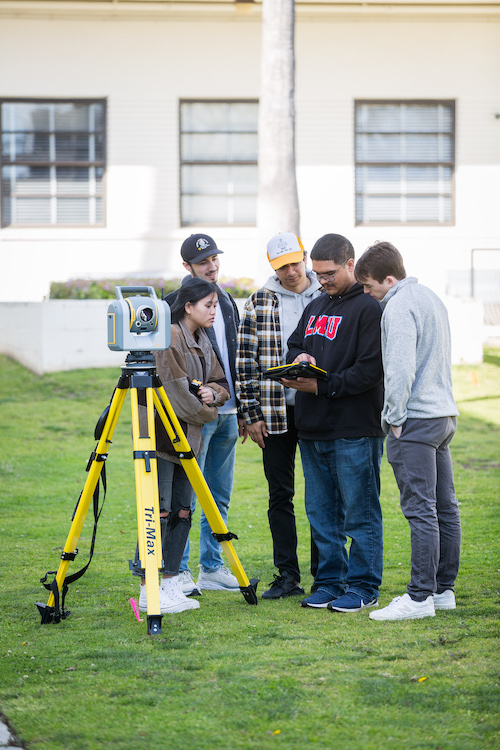
Eager To Enter The Workforce? Check out LMU’s fast-track degree options, where you can earn your graduate degree quickly and start making strides in your field.
Three-Course Graduate Certificate (Non-Degree Option)